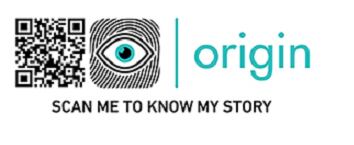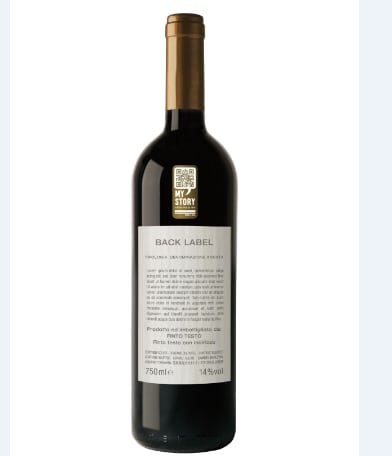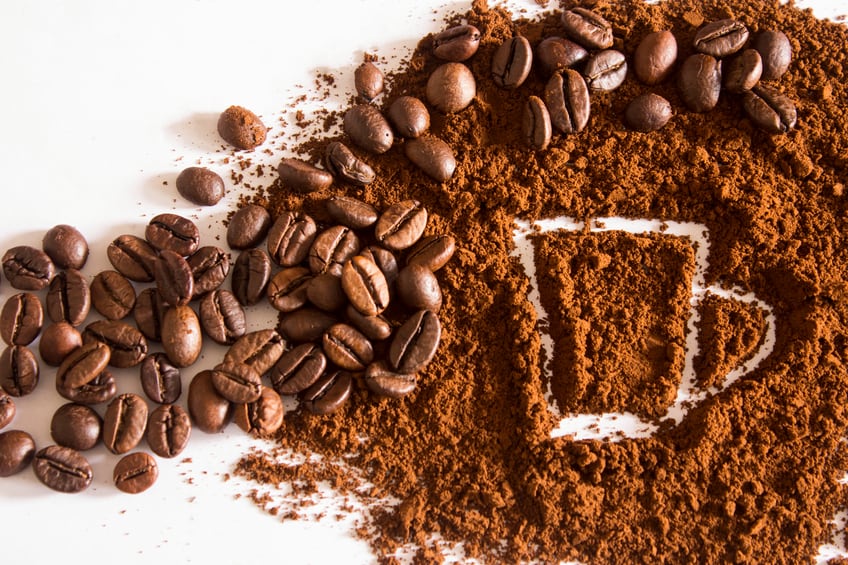Origin, built on blockchain technology, offers a way for consumers to access product information from farm to fork and gives proof of its origin and quality.
Shoppers flash a QR code in-store to see its history and make informed purchases.
Launch after two years of work
Bureau Veritas said brands and retailers are able to better control supply chains, through visibility and real time management of product recalls.
The firm added projects are underway with a number of clients and the technology is ready for launch to the wider market.

Vincent Bourdil, VP food at Bureau Veritas, said: "The launch of Origin follows two years of work by Bureau Veritas to develop blockchain applications that increase confidence in transactions.
“Origin is a win-win solution not just for consumers, but also for retailers, suppliers, processors and manufacturers, as it adds value to the final product. With Origin, product recalls can be managed in real time, enabling the brand to preserve its reputation."
Bourdil spoke to FoodQualityNews about blockchain at the Global Food Safety Conference in 2017.
Food verification schemes have traditionally relied on third party inspections and sampling at each stage of the production process.
A blockchain-based system enables continual verification, by demanding all players share records and validate transactions each time they occur. Data remains confidential with each party having different levels of access to information.
Origin was built in partnership with Worldline, a company that secures digital transactions.
Olivier Stuckens, MD mobility and e-transactional services, said: "Blockchain offers unique advantages for a product such as Origin: it is secure, open, transparent, and does not require a controlling entity.
“Using blockchain technology revolutionizes how transactions are verified, thereby increasing reliability of information. This feature means that while Origin has been developed with the food industry in mind, it can be used for any sector."
Adoption by Italian wine sector for DNV GL
In other news, DNV GL has released more information about its blockchain based digital assurance system.
My Story will provide insights into different characteristics and production processes behind a product by scanning a QR-code enabling consumers to make their purchasing decision.

The Italian wine sector is the first to use it with four wine producers: Michele Chiarlo, Ricci Curbastro, Ruffino and Torrevento. They will feature the My Story label on bottles in stores by the end of the year.
"My Story illuminates products and their supply chain for the benefit of consumers, who will have instant and in-depth access to key products characteristics such as quality, authenticity, origin, ingredients, water and energy consumption and more, all verified by DNV GL along the entire transformation process,” said Luca Crisciotti, CEO of DNV GL – Business Assurance.
Italian wine inspection authority Valoritalia, which provides data gathered during regulatory inspections, is involved in the project.
Renato Grottola, digital transformation director at DNV GL - Business Assurance, said the VeChain powered Blockchain application will be available on its data management platform Veracity.
“This is only the first step of a longer journey in which we will leverage on the combined and coherent use of Blockchain, IoT, Data Curation and Artificial Intelligence to help customers building trust on their products, improving their performances and increasing efficiency in processes.”
Coffee value-chain inequality
Finally, Ambrosus and the Swiss Coffee Alliance have partnered to stop unethical distribution of profits in the global coffee value chain.

It will combine Ambrosus' proprietary sensor-to-Blockchain technology and SCA's network of farmers, roasters, product developers, manufacturers and retailers for a more sustainable supply chain.
Angel Versetti, Ambrosus CEO, said SCA, as one of the largest coffee trade groups, plays a vital role in the import/export dynamics of the market.
“We are excited to help the alliance integrate the Ambrosus Blockchain into its consulting infrastructure, so we can together drive sustainable transformation, transparency and trust throughout global coffee value chains."
Ambrosus and SCA said farmers in the top countries - Brazil, Colombia, Vietnam and Indonesia, which account for 60% of the world's production - barely make enough money to cover costs of production.
The market is known for price volatility and is threatened by climate change to crop yields.
The alliance said it has the potential to make grower supply chains more efficient, so swings of the market and mother nature, don't disenfranchise those most in need.
Claudinei Monteiro, SCA chief technology officer, said: “With the Swiss Coffee Alliance's deep sector-expertise and Ambrosus' unrivaled decentralised supply-chain solution, we are going to create a more profitable and equitable ecosystem for all parties in the production line, with a key emphasis on those who have been abandoned by Wall Street."
